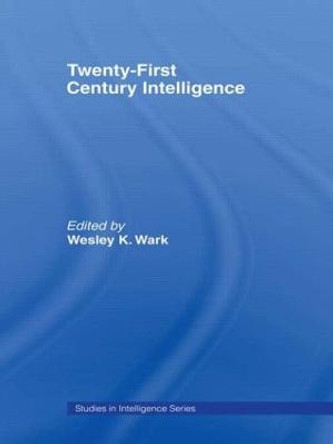Description
Over the past few decades, international history and security have been significantly influenced by greater understanding of the role of intelligence in national security and foreign policy-making.
In Britain, much of the work has developed in the subdiscipline of international history with its methodological predisposition towards archive-based research. Advances in archival disclosure, accelerated by the end of the Cold War, as well as by the changing attitudes of official secrecy and the work of the intelligence services, have further facilitated research, understanding and debate. Recent controversies, including claims of politicisation of intelligence historiography, have added additional public saliency to long-standing academic disputes. The events of September 11 and their aftermath have shown the value and limits of secret intelligence and generated fresh controversies for proponents and critics.
This book examines critically the development of intelligence studies and assesses its contribution to the study of international relations. It draws upon the viewpoints of leading academics, journalists and former practitioners, to explore the way the subject is studied, for what purposes and with what consequences.
About the Author
L.V. Scott is Reader in International Politics at the University of Wales, Aberystwyth, where he is also Dean of Social Sciences. He specialises in intelligence and international history.
P.J. Jackson is Lecturer in International Politics in the Department of International Politics at the University of Wales, Aberystwyth. He has publishes widely in the fields of intelligence and security studies, French Strategy and Diplomacy and the origins of the Second World War.
Reviews
"Drawing upon the views of an international group of academics, journalists, and former intelligence officials, the editors present 13 papers that reflect on the nature of secret intelligence and its role in domestic and international politics. The papers are presented with the goal of furthering the study of intelligence as a separate field of academic inquiry and in terms of its place in the broader field of international relations. Topics addressed include intelligence and international relations theory; the state of German intelligence history; forms and contexts of surveillance; intelligence failure, conspiracy theories, and September 11th; the extent of British intelligence knowledge of the Holocaust; literary treatments of espionage; critique of US intelligence strategy; the relationships between secret intelligence, covert action, and clandestine diplomacy; and ethics and intelligence." --Reference & Research Book News
Book Information
ISBN 9780714684222
Author Peter Jackson
Format Paperback
Page Count 256
Imprint Routledge
Publisher Taylor & Francis Ltd
Weight(grams) 470g








